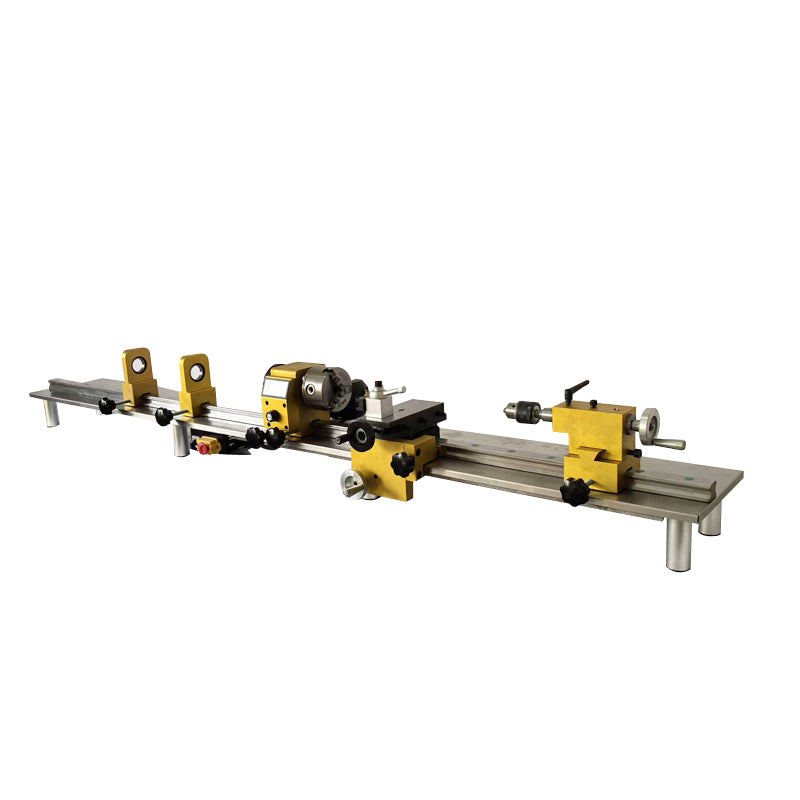
What is Pool Cue Lathe
What Is a Pool Cue Lathe?
The pool cue machine is a machine for repairing, maintaining and preserving pool cues.

What are the functions of the pool cue lathes?
Tip Replacement and Repair
Cues with worn-out or damaged tips can be restored efficiently using the pool cue lathe.
Many lathes include accessories for precise ferrule work and tip shaping.
Shaft Maintenance
The lathe can clean, polish and grind the clubs, and can straighten deformed clubs.
Pricision Tapering
The lathe allows for the creation of smooth and consistent tapers, ensuring each cue is perfectly balanced.
Adjustable settings accommodate different taper designs for custom cue-making.
Custom Design Options
High-end lathes allow cue makers to add intricate details and personalized designs, including inlays and carvings.
What Types of Pool Cue Lathes?
Manual Lathes
Operated by hand, these are ideal for small-scale operations or hobbyists.
They require more skill and experience but are cost-effective.

Semi-Automatic Lathes
Offer a balance between manual control and automation.
These are popular for repair shops and small-scale manufacturers.

Fully Automatic Lathes
These machines automate most processes of manufacturing pool cues, from tapering to polishing.

What are the Benefits of Using a Pool Cue Lathe?
Enhanced Cue Quality
Precision machinery ensures every cue meets high standards of quality and performance.
Cost Efficiency
For repair shops, owning a cue lathe reduces reliance on outsourcing repairs, saving time and money.
Customization Capabilities
Customers can request personalized cues tailored to their preferences, creating a unique selling point.
Increased Durability
Regularly use pool cue lathes to maintain and service the pool cues, which can extend the service life of the pool cues.
What are the Applications of Pool Cue Lathes?
Cue Manufacturing:
Produce and manufacture professional billiard cues with high precision.
Repair Shops:
Ideal for tip replacements, ferrule repairs, straightening, and general maintenance.
Customization:
Allows for unique designs, engravings, and modifications to enhance cues.
DIY Enthusiasts:
Enables hobbyists to craft and maintain their own cues with professional results.
How to Choose the Right Pool Cue Lathe?
Assess Your Needs
For casual repairs, a manual or semi-automatic lathe is sufficient.
For large-scale production, consider a fully automatic model.
Evaluate Build Quality
Look for durable materials like steel and aluminum for longevity.
Check Versatility
A good lathe should handle various tasks, including tapering, polishing, and tip replacement.
Consider Portability
If space is limited or you need to transport the lathe, opt for a compact and lightweight model.

